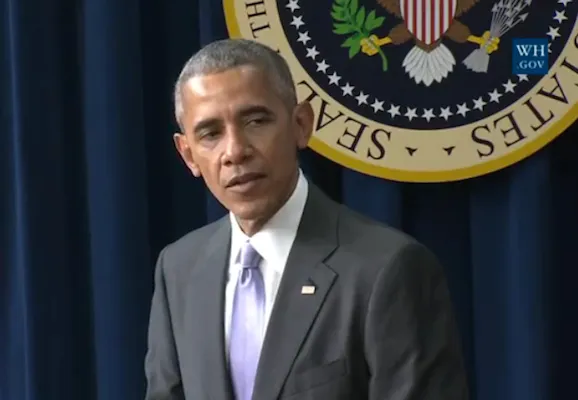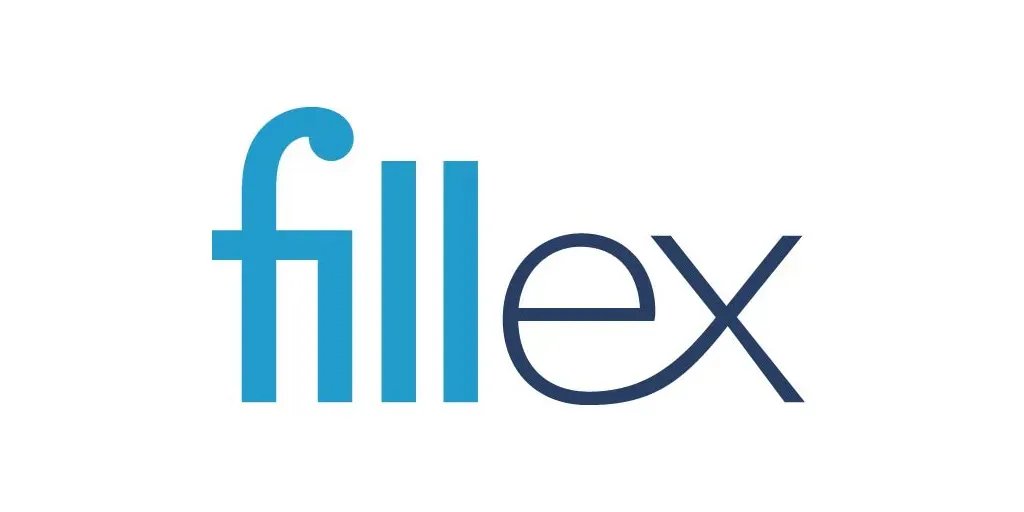WASHINGTON — President Barack Obama today signed the landmark 21st Century Cures Act into law.
At a ceremony with Vice President Joe Biden, who helped shepherd the sweeping health bill through Congress, Obama said the new law “touches every family across America” and “unleashes the full force of American innovation.”
The 21st Century Cures Act will increase funding for medical research, streamline the development and approval process for experimental medicines, and reform mental health policy at the federal level. The legislation carries a fairly modest $6.3 billion price tag that includes $4.8 billion over 10 years in funding for the National Institutes of Health. Included in that figure is $1.8 billion to fund the “cancer moonshot” launched by Vice President Biden after the death of his son due to brain cancer.
In addition, $1.6 billion is allocated to work on brain diseases such as Alzheimer’s. The Food and Drug Administration will get an additional $500 million, while states will collect $1 billion over two years to help them deal with opioid abuse.
Both Obama and Biden noted in their remarks how lawmakers took a bipartisan stance in pushing the legislation through the House and Senate.
“It is wonderful to see how well Democrats and Republicans, in the closing days of this Congress, came together around a common cause, and I think it indicates the power of this issue,” Obama said at the bill’s signing on Tuesday.
In striking contrast to the contentious passage of the Affordable Care Act in 2010, the 21st Century Cures Act sailed through both the House and Senate with huge bipartisan majorities. The bill passed the House of Representatives by a 392-to-26 vote, while the vote in the Senate was 94 to 5, indicating its broad support from Democrats as well as Republicans.
Obama issued a strong statement of support before the House vote, and praised its passage in the Senate. “We are now one step closer to ending cancer as we know it, unlocking cures for diseases like Alzheimer’s and helping people seeking treatment for opioid addiction finally get the help they need,” he stated. “The bipartisan passage of the 21st Century Cures Act is an example of the progress we can make when people from both parties work together to improve the health of our families, friends and neighbors.”
The few opponents included progressive senators Bernie Sanders and Elizabeth Warren of Vermont and Massachusetts, respectively, who said the changes made to drug approval processes undermined patient safety and conceded too much to drug manufacturers.
Among key features of the act for drug makers is the expanded use of “real-world” evidence, which includes observational studies, patient input and anecdotal data, to approve new indications for drugs that have already been approved by the FDA. Critics worry that requirements for double-blind clinical trials will be loosened to provide a faster track for drug and device approvals.
The pharmaceutical industry, however, was understandably pleased. The president and chief executive officer of the Pharmaceutical Research and Manufacturers of America (PhRMA), Stephen Ubl, hailed the bill’s passage in the House. “PhRMA applauds the House of Representatives for passing the bipartisan 21st Century Cures Act to improve the discovery and development of new medicines for patients,” he said in a statement. “The legislation includes pro-patient, science-based reforms which enhance the competitive market for biopharmaceuticals and drive greater efficiency in drug development. It also increases FDA’s regulatory capabilities to foster the timely review and approval of new treatments for patients.”
By giving the FDA more discretion in determining the kinds of studies needed to evaluate new drugs and devices, the bill is expected to save manufacturers billions of dollars. Those changes were the fruit of a massive lobbying campaign by 58 pharmaceutical makers, 24 device manufacturers and 26 biotech companies, according to a Kaiser Health News analysis.
A broad spectrum of other stakeholders also supported the Act, however, including universities, hospitals and physician organizations. Patient advocacy groups, particularly those focused on specific diseases, also lobbied for the legislation, which increases the influence of such groups and enables more patient input into the drug development and approval process.
However, some critics contend that the additional $500 million the FDA will receive over the coming decade will not be enough to handle the additional workload and clear the drug approval backlog that currently exists.
Ironically, according to a review of the bill by the Congressional Budget Office, most of the legislation will be paid for with funds from the Prevention and Public Health Fund, which was created under the Affordable Care Act, also known as Obamacare, which congressional Republicans have targeted for repeal.
Further irony was provided by the fact that two days after the 21st Century Cures Act was passed by the Senate, the Centers for Disease Control and Prevention issued a report stating that life expectancy in the United States dropped for the first time in 23 years in 2015 while the death rate ticked up, driven by increases for eight of the 10 leading causes of death.









